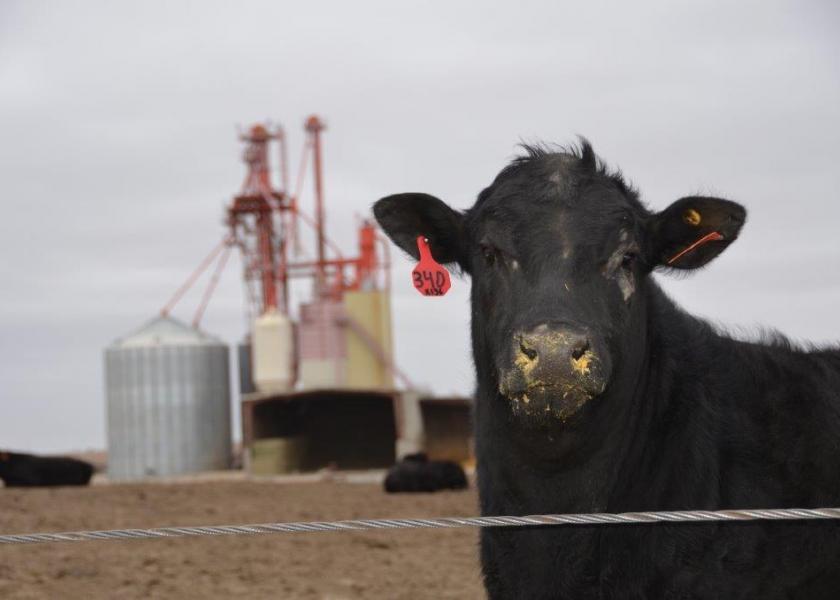Kansas Works To Assist Feedyards After Heat Losses

Kansas Gov. Laura Kelly says her administration is working to help Kansas cattle feeders who experienced death losses due to the mid-June heat wave.
“I have directed state agencies to do everything in their power to help Kansas cattle feeders who lost cattle due to heat stress,” said Gov. Kelly in a news release. “From expediting burial permits to reaching out to cattle producers across the state, my Administration is working to ease the impact of losses on the Kansas agricultural community” in recent weeks, her statement added.
At least 2,000 cattle died from a combination of rapidly rising temperatures, high humidity and little to no wind over the weekend of June 11, according to the Kansas Department of Health and Environment. No official number of deaths has been reported, but the number is much higher, say cattle feeders.
“We’re working as quickly as possible to assist facilities in safely disposing of the carcasses and to respond to the needs of impacted ranchers,” said Janet Stanek, Secretary of the Kansas Department of Health and the Environment. “In the last week, our staff has processed burial permits and worked with landfills to ensure that carcasses are disposed of properly.”
“Last weekend’s losses reflect a very small percentage of the total fed cattle numbers in the state, so it will not impact meat prices for consumers,” said Secretary of Agriculture Mike Beam. “Regardless, this rare event will hit the feeders who owned the cattle quite hard. We have reached out to contacts in Southwest Kansas to offer our assistance and support.”
There are federal resources available to provide financial relief. Impacted cattle feeders are eligible for United States Department of Agriculture indemnity payments, which are made to compensate for the loss or destruction of certain animals and crops. Fatality insurance may also cover some of the losses.
“This was an unusual and unfortunate event,’ said Matt Teagarden, Chief Executive Officer of the Kansas Livestock Association. “Cattle feeders continually work to mitigate all weather events, whether it’s excessive heat, snow, or wind, and it is always their goal to make sure their cattle are healthy so they can provide a good product for their families and for consumers.”







